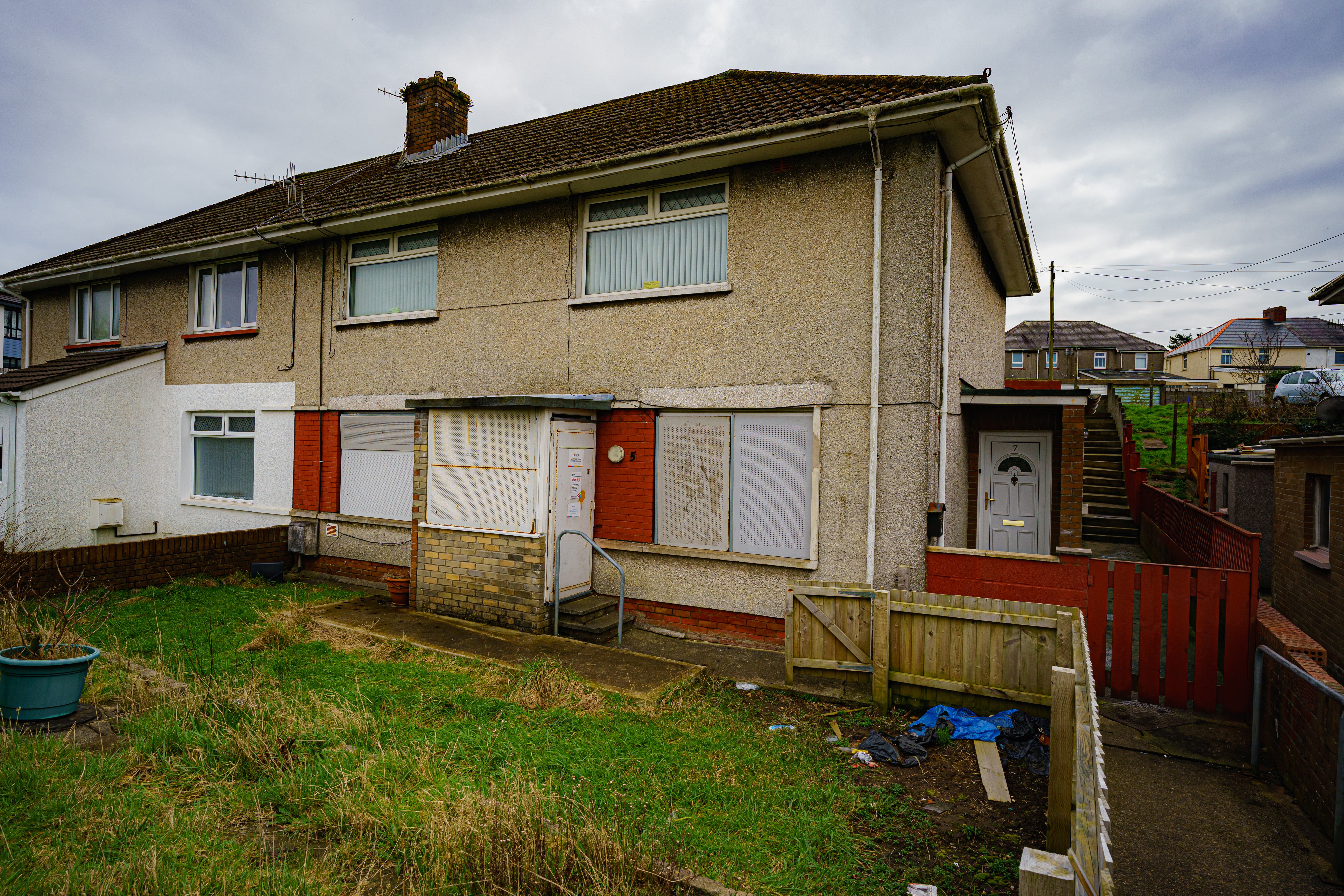Campaigner wants secret family court judgments in Logan Mwangi to be published
A family court allowed teenager Craig Mulligan to return to the care of his step-father five days before Logan was murdered by his family.

A campaigner wants the private family court judgments relating to teenage killer Craig Mulligan – who was allowed to live with the five-year-old boy he went on to murder – to be published.
A family court allowed the then-13-year-old to return to the care of his step-father John Cole five days before Logan Mwangi – the son of Cole’s new partner Angharad Williamson – was killed by the trio.
Mulligan had been removed from his mother by social workers after she attacked him, and taken into the care of Bridgend County Borough Council for six months.
Meanwhile, Logan and his younger sibling were on the child protection register but, weeks before he died, the family were removed from it – meaning it was believed there was no longer a risk of significant harm.
Cole, who was Mulligan’s mother’s ex-partner, and Williamson petitioned the family courts for custody of the teenager.
They won and on July 26 2021 he went to live with them at their home in Sarn, Bridgend, South Wales.
Five days later, Logan’s body was found in the River Ogmore in Pandy Park by police after suffering injuries likened by a High Court judge to child abuse.
Cole, 40, and Williamson, 31, were jailed for life, while Mulligan was detained for at least 15 years by a judge at Cardiff Crown Court last week.
A social services investigation is now underway into the circumstances of Logan’s death, while the Welsh Government has rejected calls for a nationwide independent inquiry into children’s services in Wales.
In England, a national review into the murders of Arthur Labinjo-Hughes, six, and one-year-old Star Hobson has begun, and calls have been made for a similar inquiry in Wales.
Former Liberal Democrat MP John Hemming, who campaigns for improvements in family justice, said court documents relating to the decision-making process of returning Mulligan to Cole should be published.
“The public have a right to know what information family court judges had about this case and what decisions were made,” he said.
“They should be able to see the audit trail so they can understand what information family court judges had and why decisions were made.
“No stone should be left unturned in the inquiry into what happened in this case – and one of those stones is sitting on the private family court proceedings.
“Judgments and orders made at private family court hearings relating to the children at the centre of this case should be made public.
“The most important thing is that lessons are learned, and lessons can’t be learned if information isn’t available so it can be properly discussed.
“It may be that some family court information will have to be redacted to protect some children – but I’m sure that can be done without too much difficulty.
“Transparency is in the interests of everyone involved, including the lawyers, judges and experts involved in family court proceedings.”
By the time Mulligan was taken from his mother, he was already a “complex, troubled and violent boy”, prosecutor Caroline Rees QC told his trial.
He was placed with foster families, with one describing how he made their lives a “living hell” for the several weeks he lived with them – and how they became “terrified” of him.
They said he made repeated threats to kill them and injured their daughter, the foster mother and their dog.
Concerns were further raised when he asked two young girls if they wanted to play a “murder game” and said they would have to get inside bin bags.
Although he spoke fondly of his stepfather, stepmother and youngest sibling, the family said they noticed he would only refer to Logan as “the five-year-old” – and spoke of wanting to “kill the five-year-old”.
They said he had a “desire for violence” and called him a “monster” in submissions to the court.
The family said they made Mulligan’s social worker Debbie Williams aware of their concerns, though Ms Williams denied this.
During the trial, an anonymity order was placed on Mulligan preventing the reporting of any detail that might identify him but that was lifted after he received a life sentence.
